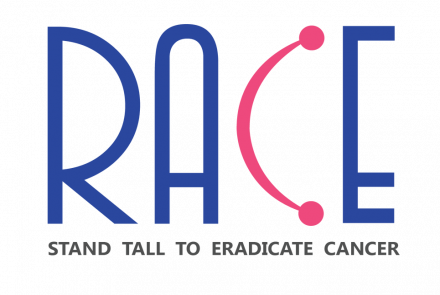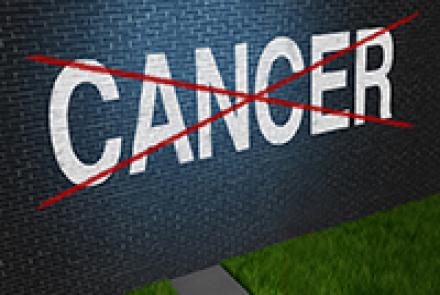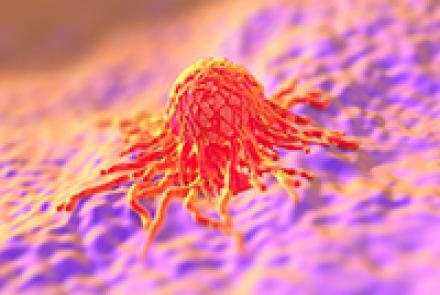Cancer is usually named after the part of the body where it originates. According to WHO, there are 20 million cancer new cases and 9.7 million deaths globally. Approximately 55.3 million individuals were estimated to have survived within five years after being diagnosed with cancer. One out of every five individuals will experience cancer diagnosis in their life time.
The five top most common cancers among men, globally, are:
- Prostate
- Colorectal
- Lung
- Skin cancer
- Testicular cancer
The five top most common cancers among women, globally, are:
- Breast
- Colorectal
- Lung
- Cervical
- Endometrial cancer.
Other cancers include:
- Brain cancer
- Childhood cancer (neuroblastoma, Wilms’ tumour, non-Hodgkin lymphoma, retinoblastoma)
- Pancreatic cancer
- Bile duct cancer
- Gall bladder cancer
- Small intestine cancer
- Anal cancer
- Kidney cancer
- Blood cancers such Leukaemia, Lymphoma and Myeloma
- Skin cancer
- Ovarian cancer
- Prostate cancer
- Bladder cancer.
Grading and staging of cancer-
Grading of cancer is done based on the visual appearance of cancer cells compare to normal cells under the microscope.
- Grade X – Grade is not known.
- Grade 1- Well differentiated, low grade.
- Grade 2 – Moderately differentiated, intermediate grade.
- Grade 3 – Poorly differentiated, high grade.
- Grade 4 – Undifferentiated, high grade.
Cancer staging is a process to determine how far the cancer has spread. The staging of cancer helps to decide the treatment and make an informed prognosis.
TNM system is the most widely used cancer staging system. In the TNM system:
- T – Size and extent of the tumour.
T 0 – No evidence of primary tumour.
T1, T2, T3, T4 indicates the size and extent of the tumour. - N – Number of nearby lymph nodes having cancer.
N 0 – No regional lymph node involvement.
N1, N2, N3 indicates the number and location of lymph nodes having cancer spread. - M – Cancer metastasis mean cancer has spread to the other parts of the body. It occurs when cancer spreads to other part of the body.
M 0 – No metastasis.
M1 – Metastasis is present.
Overall stage grouping: Overall stage grouping is also referred to as Roman numeral staging. This system uses numerals to describe the progression of the cancer.
- Stage 0: Carcinoma in situ (absence of invasion of tumour cell to surrounding tissue)
- Stage I: Cancer is localised to one part of the body. Stage I cancer can be surgically removed if small enough.
- Stage II: Cancer is early but locally advanced. Tumour is larger than stage I but has not started to spread to the surrounding tissue. Stage II cancer can be treated by chemotherapy, radiation or surgery.
- Stage III: Cancer is locally advanced in late stages. Cancer cells can be found in the adjoining lymph nodes. Stage III can be treated by chemotherapy, radiation or surgery.
- Stage IV: Cancer has metastasized, or spread to other organs and parts the body. Stage IV cancer can be treated by chemotherapy, radiation or surgery.












